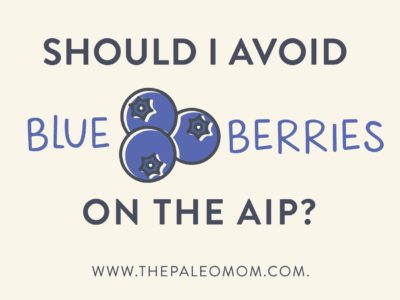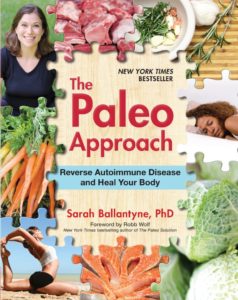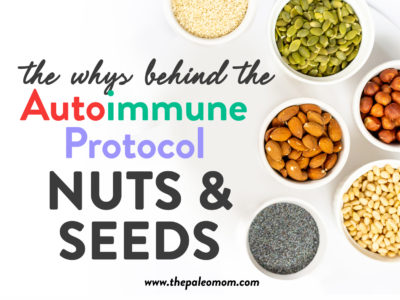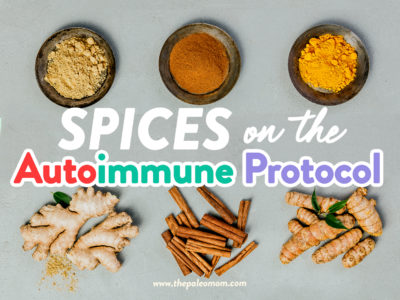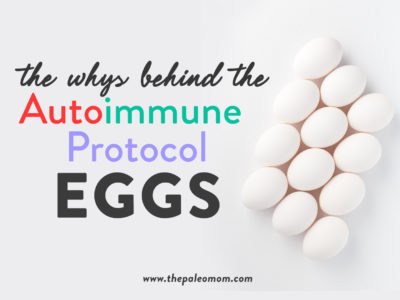Last week, Paleo Parents and I released Episode 2 of The Paleo View, the topic of which was the Autoimmune Protocol. In conjunction with this, I posted my explanation of why nightshades can be problematic for those with autoimmune disease (and also why it is a common food sensitivity). I received a fascinating comment from Tina that launched me into several hours of research. Here is what Tina wrote:
“I’ve used Balanced Bites’ Nightshades Guide as my info source for what is a nightshade and what is not. She indicates blueberries, huckleberries, okra, and artichokes have properties similar to nightshades, but you and Stacy both mentioned blueberries as a great snack. Do you feel these foods should be removed initially with the autoimmune protocol with the nightshades?”
This is a great question! I found dozens of websites that list blueberries, huckleberries, okra, and artichokes as sources of the glycoalkaloid solanine (which is found in potatoes and eggplants). I also found many websites that listed apples and sugar beets as sources of solanine (some websites also list cherries but this is confusion with ground cherries, which are a member of the nightshade family). If solanine is indeed found in these fruits and vegetables, this is cause for concern for those sensitive to nightshades.
I could not find a single website with a citation for blueberries, huckleberries, okra or artichokes containing solanine. All of the websites cite each other and simply provide this list as fact. I also could not find a single scientific paper that discussed the presence of solanine in these fruits and vegetables. I did however find a handful of scientific articles that listed apples and sugar beets as sources of solanine. These articles all reference back to a single paper published in the magazine Food Technology in 1991. My wonderful husband was able to track down this original article for me (yay for university libraries). The original article has nothing to do with apples, sugar beets, OR solanine (although it does measure amylase inhibitors in beans, which is interesting). After my exhaustive research, I feel comfortable making the following statement: there is NO scientific evidence that solanine (or any other glycoalkaloid) is present in any fruit or vegetable that is not a member of the nightshade family.
This is good news for those with reasons to avoid nightshades. No, there are not any additional fruits or vegetables that need to be avoided.

